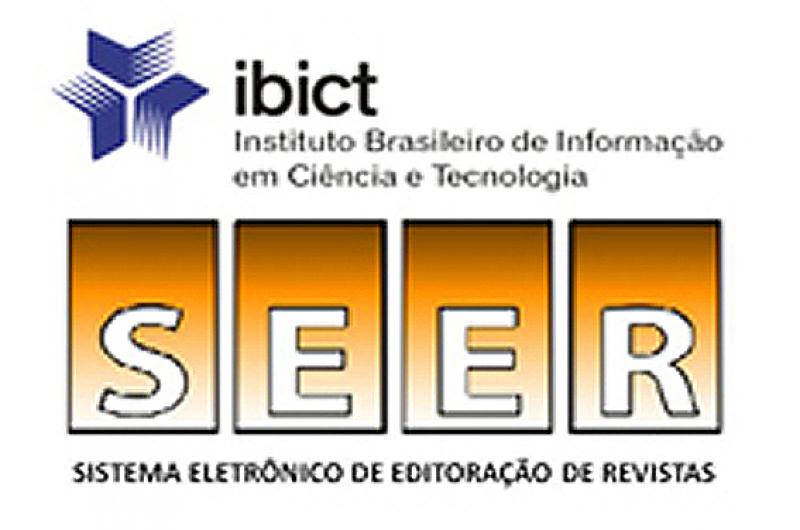Experimenting and learning: scientific initiation for children
Visualizações: 1076DOI:
https://doi.org/10.31416/rsdv.v8i2.46Keywords:
Scientific literacy, Experimentation, Social vulnerability, Scientific initiationAbstract
This article reports the experience of an extension project developed from the importance of
scientific initiation for children, based on the need to provide opportunities for a science teaching
using experimentation. The project had as general objective to develop the scientific spirit of the
child, through the application of experiments. The method used in the development of the project
was action research, qualitative in nature and applied in an institution that welcomes girls in
situations of social vulnerability, aged 4 to 12 years, in the morning and old shifts. The activities were
developed through the application of homemade and low-cost experiments in the ONG "Sementes do
Amanhã" on the outskirts of the city of Petrolina. The experiments were chosen, tested and carried
out with 23 children following a didactic sequence of welcoming, conducting the experiment and
evaluating the activity. A total of nine different experiments were carried out and there was an
awakening in children to go beyond childhood curiosity knowing the scientific aspects of each activity
applied to daily life.
References
AHLERT, Edson Moacir; WILDNER, Maria Claudete Schorr; PADILHA, Teresinha Aparecida Faccio. (Orgs.) Metodologias Ativas de Ensino e Aprendizagem. IN: Anais do II Seminário de Educação Profissional, 11 e 12 de maio de 2017, Lajeado, RS: Ed. da Univates, 2017.
BERBEL, Neusi. As metodologias ativas e a promoção da autonomia dos estudantes. Semina: Ciências Sociais e Humanas, Londrina, v. 32, n. 1, p. 25-40, jan./jun. 2011.
CHASSOT, Attico. Alfabetização Científica: questões e para desafios para a educação. 8a Edição. Ijuí, Unijuí, 2018.
FONSECA, Franciele Fagundes et all. As vulnerabilidades na infância e adolescência e as políticas públicas brasileiras de intervenção. Rev Paul Pediatr 2013;31(2):258-64. Disponível em< http://www.scielo.br/scielo.php?script=sci_arttext&pid=S0103-05822013000200019> Acessado em fev. 2019.
MATTAR, João. Metodologias ativas: para a educação presencial, blended e a distância. São Paulo: artesanato educacional. 2017.
MORÁN; J. M. Mudando a educação com metodologias ativas. Coleção mídias coletâneas. 2015. Disponível em: <http://www2.eca.usp.br/moran/wp-content/uploads/2013/12/mudando_moran.pdf>. Acesso em: 22 jun. 2018.
SILVA, Jacqueline Silva da; BEUREN, Jéssica; LORENZON, Mateus. Investigar com crianças: subsídios para a formação e trabalho docente. Lajeado -RS: Ed. da Univates, 2016.
THIOLLENT, Michel. Metodologia da pesquisa-ação. São Paulo: Cortez, 2000.
_____. Metodologia de pesquisa-ação na prática extensionista. IV Seminário de Extensão da UFRN-Natal, 26-11-2008. Disponível em:< http://reitoria.ifpr.edu.br/wp-content/uploads/2009/05/Palestra_Michael_Thiollent1.pdf> Acessado em fev 2019.
TRINDADE, Diamantino Fernandes. Interdisciplinaridade: Um novo olhar sobre as ciências. IN: FAZENDA, Ivani. O que é interdisciplinaridade? São Paulo: Cortez, 2008.
ZANON, Dulcimeire Ap Volante e FREITAS, Denise de . A aula de ciências nas séries iniciais do ensino fundamental: ações que favorecem a sua aprendizagem. Ciências & Cognição 2007; Vol 10: 93-103.















